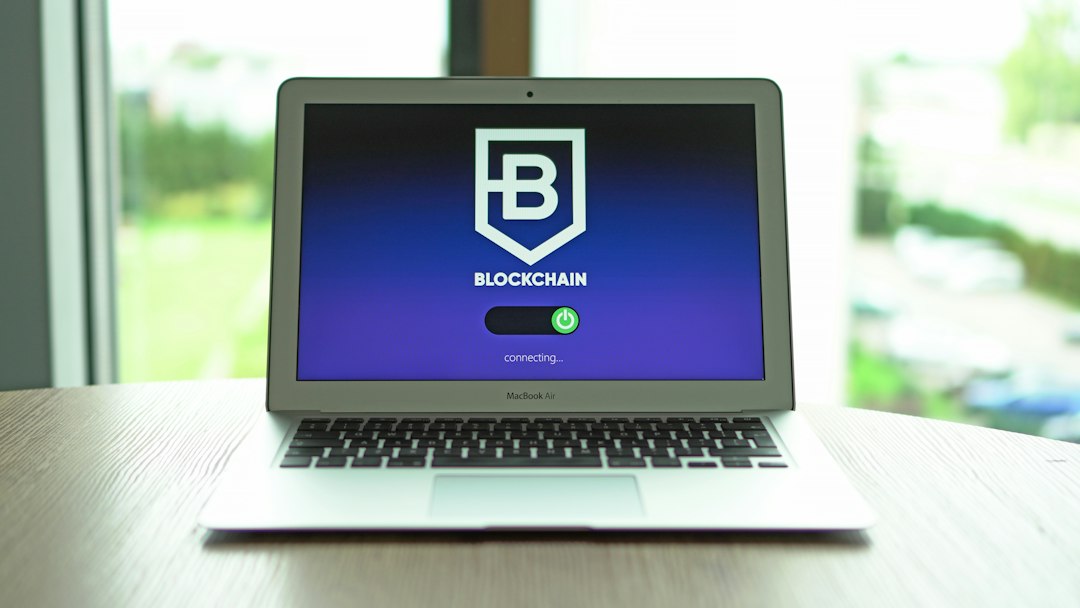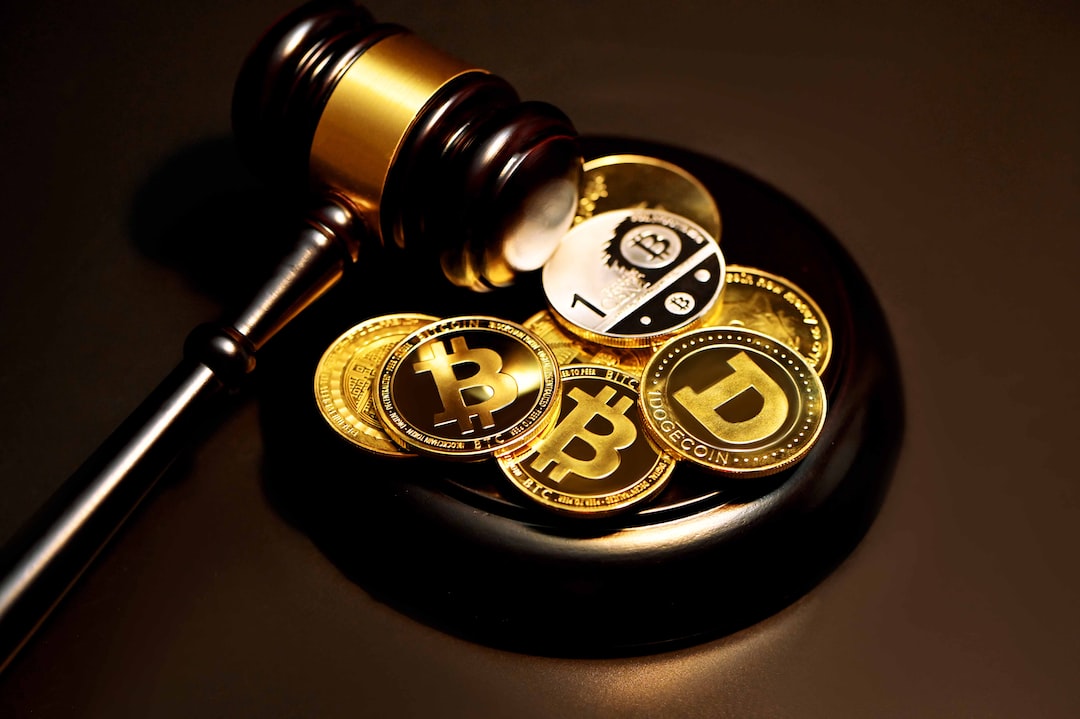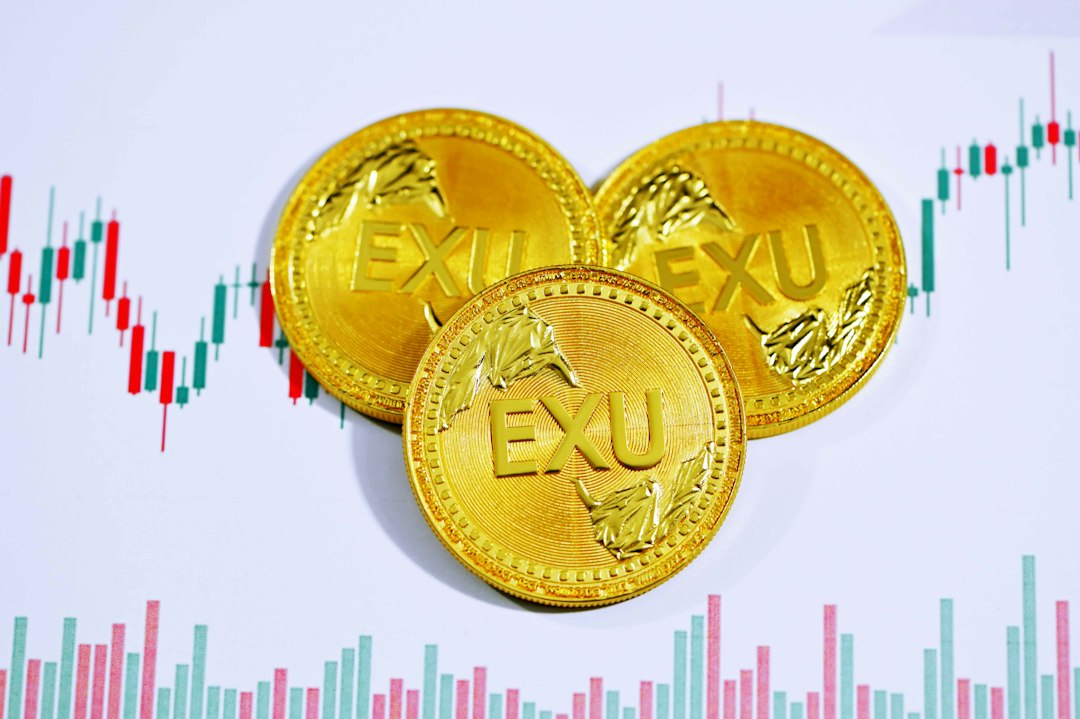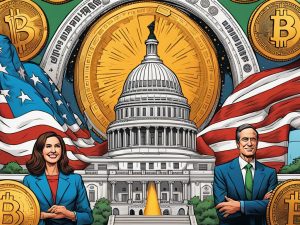The Advantages and Challenges of Decentralized Finance (DeFi)
Are you curious about the world of decentralized finance (DeFi)? If so, you’re not alone. DeFi has been making waves in the cryptocurrency industry, offering a new and exciting way to manage your financial affairs. In this article, we’ll explore the advantages and challenges of DeFi, helping you understand why it’s gaining popularity and what obstacles it faces.
The Advantages of DeFi
1. Financial Inclusion: One of the primary benefits of DeFi is its ability to provide financial services to individuals who are currently excluded from traditional banking systems. With DeFi, all you need is an internet connection and a smartphone to access a wide range of financial products.
2. Transparency: Unlike traditional financial systems, which can be opaque and complex, DeFi operates on a transparent blockchain network. This means that every transaction is recorded and visible to anyone on the network, ensuring trust and accountability.
3. Security: DeFi utilizes smart contracts, which are self-executing agreements with predefined rules. These contracts are stored on the blockchain, making them immutable and resistant to fraud or tampering. This level of security provides peace of mind for users.
4. Decentralization: As the name suggests, DeFi eliminates the need for intermediaries such as banks or brokers. Instead, transactions are directly peer-to-peer, reducing costs and increasing efficiency. You have full control over your funds without relying on third parties.
The Challenges of DeFi
1. Scalability: Currently, many DeFi platforms struggle with scalability issues. As more users join the network, transaction speeds can slow down, and fees may increase. Solving this challenge is crucial to ensure the widespread adoption of DeFi.
2. Regulatory Uncertainty: DeFi operates in a relatively unregulated space, which can lead to uncertainty and potential risks for users. Regulatory bodies are still grappling with how to address DeFi, which may result in future regulations that could impact its operations.
3. Smart Contract Risks: While smart contracts provide security, they are not infallible. Bugs or vulnerabilities in the code can be exploited by hackers, potentially resulting in financial losses. Auditing and testing smart contracts thoroughly is essential to mitigate these risks.
4. User Experience: Despite its potential, DeFi platforms often suffer from complex user interfaces and a steep learning curve. This can be a barrier for mainstream adoption as it requires users to have a deep understanding of blockchain technology and cryptocurrency.
Frequently Asked Questions (FAQs)
1. Is DeFi safe?
DeFi can offer a high level of security due to its use of blockchain technology and smart contracts. However, it’s important to note that no system is entirely foolproof. Users should exercise caution, conduct thorough research, and only use reputable platforms.
2. How can I get started with DeFi?
To get started with DeFi, you’ll need a digital wallet that supports decentralized applications (dApps). From there, you can explore various DeFi platforms such as lending protocols or decentralized exchanges. Remember to start with small amounts and gradually increase your involvement as you become more comfortable.
3. What are the risks of investing in DeFi?
Investing in DeFi carries inherent risks, including smart contract vulnerabilities, regulatory uncertainties, and market volatility. It’s crucial to do thorough research, diversify your investments, and only invest what you can afford to lose.
4. Can I earn passive income with DeFi?
Yes, DeFi offers various opportunities for earning passive income through activities such as liquidity provision or yield farming. However, it’s important to carefully assess the risks associated with these strategies and consider factors such as impermanent loss before participating.
As you delve into the world of decentralized finance, keep in mind both the advantages and challenges it presents. By staying informed and exercising caution, you can make the most of this exciting new frontier in the cryptocurrency industry.





 By
By

 By
By
 By
By

 By
By